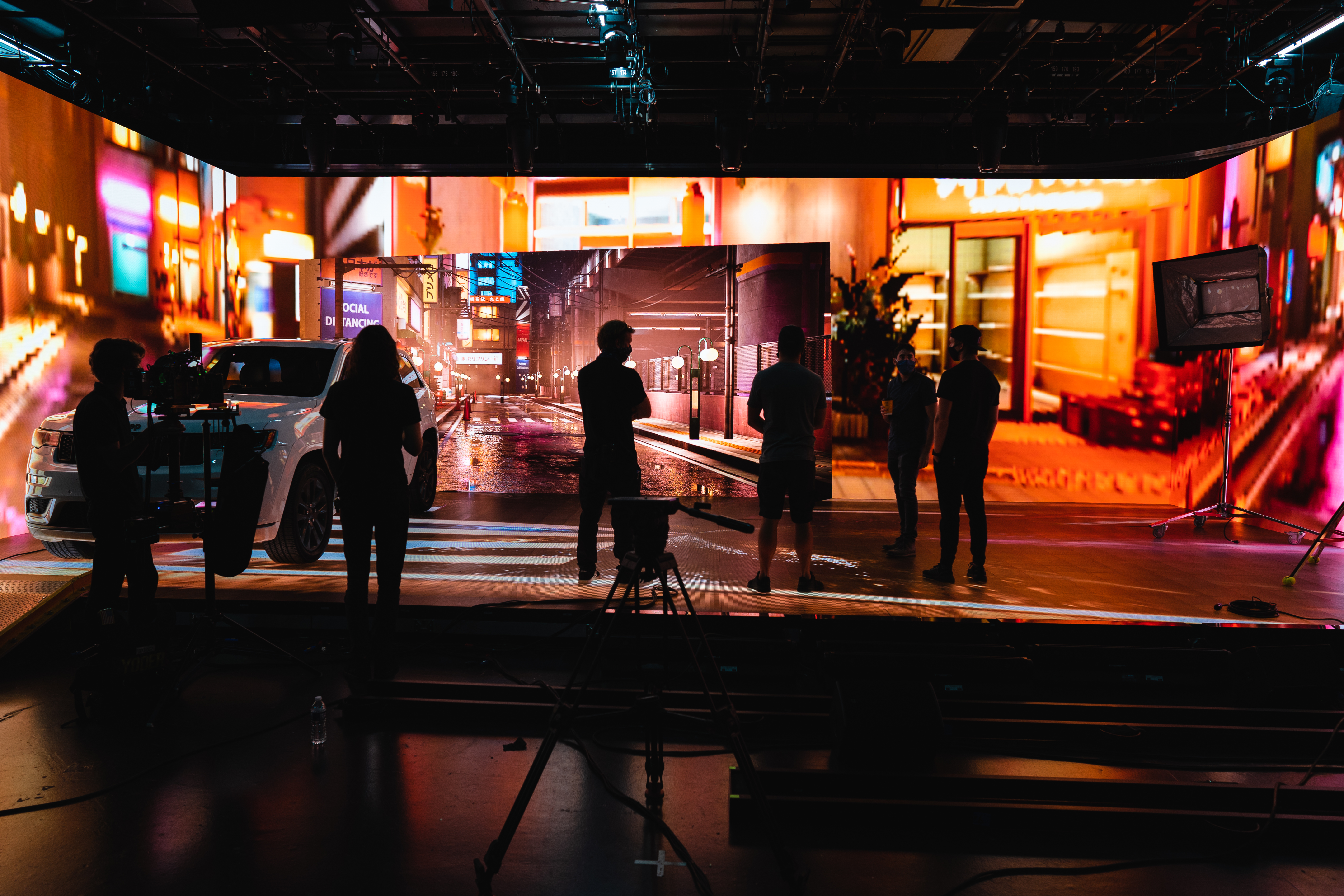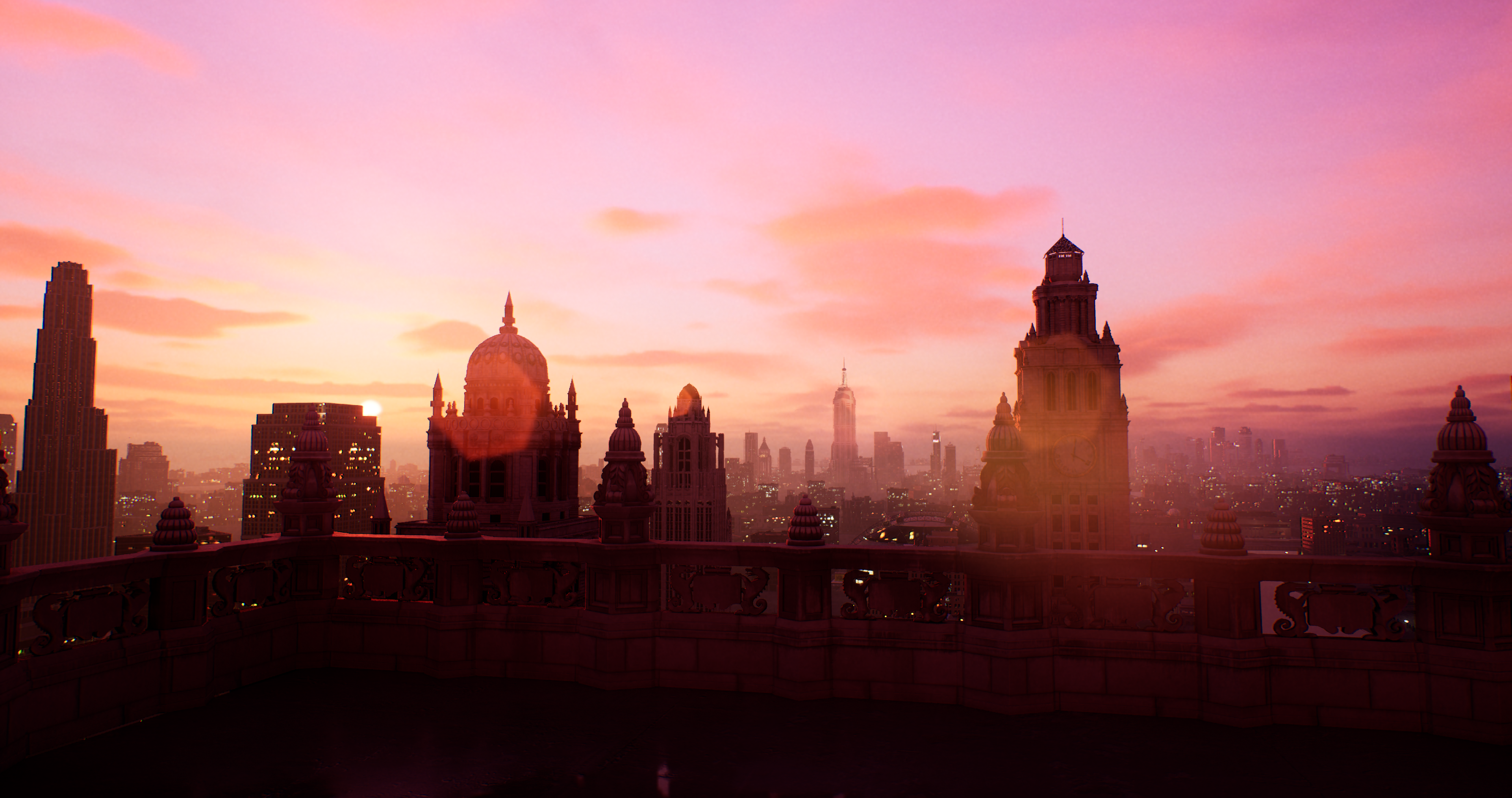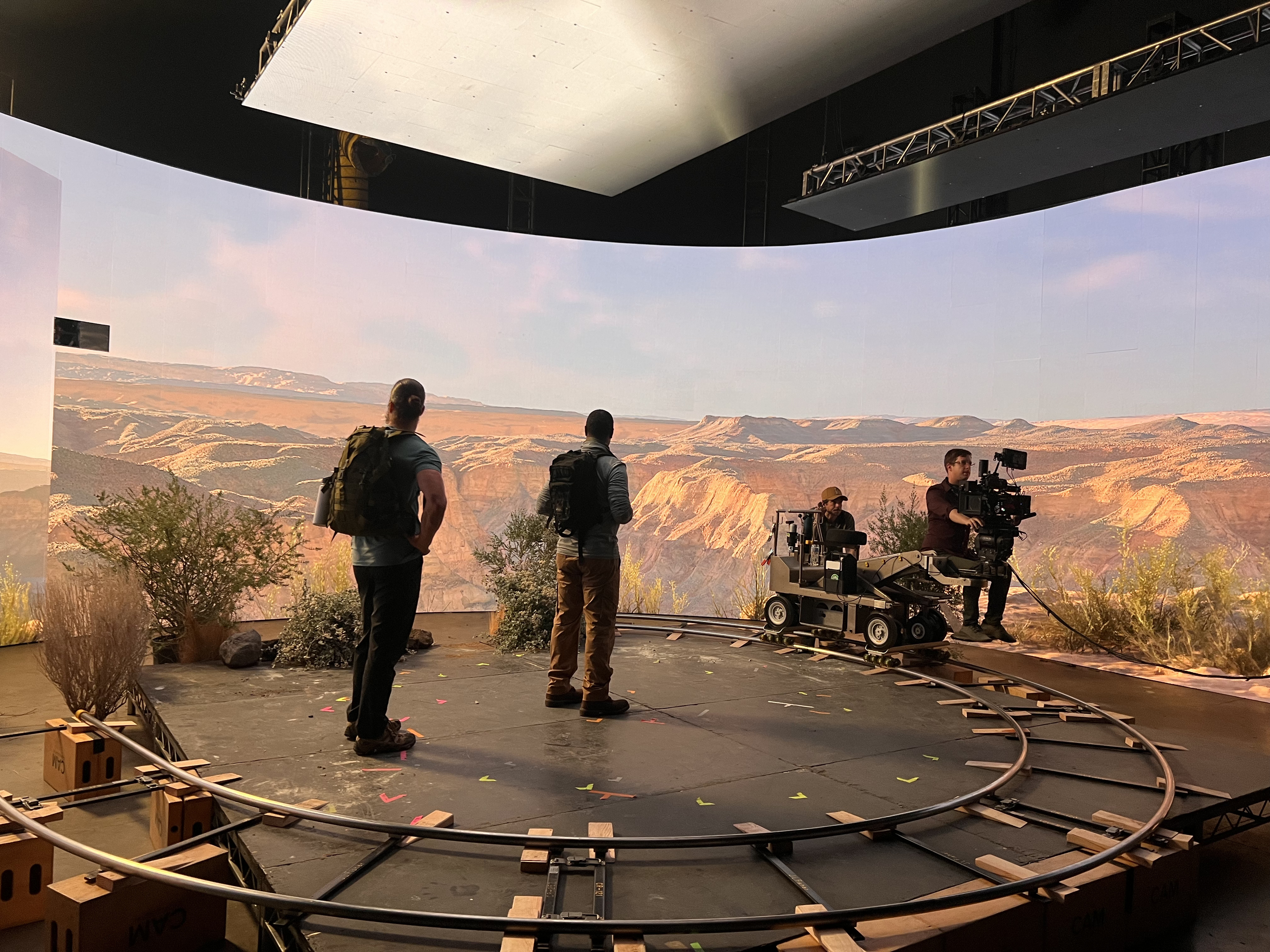Meptik: Thank you for taking the time to discuss your new short film, Defy the Odds. In your own words, can you tell us what your short film is about?
Corry: At its core, Defy the Odds is a story about a man caught between two worlds. It’s a juxtaposition between his monotonous 9-5 office job that he’s trapped in, and this high-octane world of racing that he’s constantly dreaming about.
Meptik: What inspired you to make this project come to life?
Corry: I was really drawn to this story because I think feeling trapped within a job when your heart is elsewhere is something that a lot of us can relate with. Bill’s courage to walk away from his life of comfort to pursue his dreams is truly inspirational.
Meptik: Why was it important for you to tell Bill Lester’s story?
Corry: When I read through Bill’s memoir, Winning In Reverse, my initial reaction was: “This is a story that needs to be told.” Feeling trapped within a job when your heart is elsewhere is something that a lot of us can relate with. Bill’s courage to walk away from his life of comfort to pursue his dreams is truly inspirational.
On top of that, Bill was also up against incredible adversity as he pioneered his way through the predominantly white sport of racing. Bill persevered in spite of these barriers and spent more than a decade competing at the highest levels of racing.
As a filmmaker, I wanted to use my influence to elevate Bill’s story. His determination to choose the hard road, even when the odds were stacked against him, is something that we can all admire and learn from.
Meptik: Many of your scenes were shot at Arc Studios. What led to the decision to use virtual production for your film? Was this your first time using virtual production?
Corry: This was my first time filming on an xR set, and I immediately fell in love. From the beginning, I had a vision for a very specific type of office space for the scene that also included a unique light trigger for the overhead fluorescents. Finding this type of location would have been next to impossible, and building this type of set would have required a much larger budget than we had. Thankfully, Meptik was able to bring my vision to life by creating a virtual set that had exactly what we needed.








